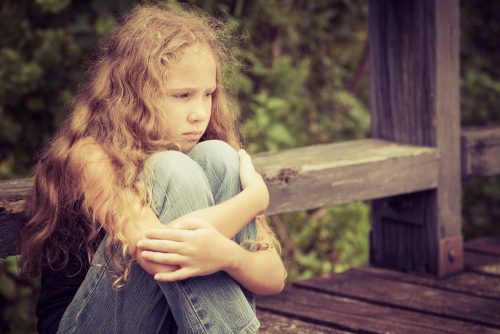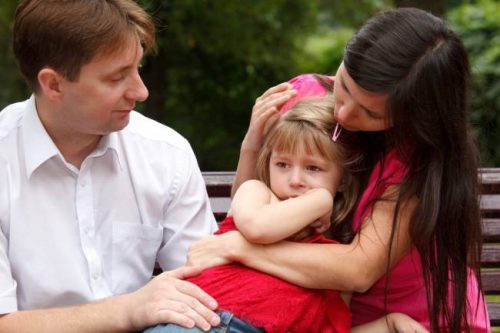
What hurts parents the most is seeing their children suffering from any ailments or health problems, how mild or severe it may be. It’s only a natural instinct that parents, especially first-time ones, get overprotective with their children regarding their physical, emotional and mental health being.
“An anxious or angry child is in flight-or-fight mode with their body primed to handle a perceived threat.” Carolyn Mehlomakulu, LMFT-S, ATR-BC said. Nowadays, factors affecting one’s mental well-being negatively can hit people of any age at any time and any place. Cyberbullying, as an example, shows to be one of the direct causes of depression in children and teenagers. In fact, studies reveal that social media users are at higher risk of developing anxiety due to ‘comparison and despair’ tendency.
Children, even at their young ages and still-developing minds, can be hit by serious mental health problems. The most popular are depression and anxiety. While these two are different from each other, both of them mostly co-occur with (more or less) the same symptoms.
What Is A Generalized Anxiety Disorder?
Being anxious basically means feeling uneasy or nervous about something or an event that one is uncertain to come. Perhaps, you have already seen your child crying badly and begging you not to have him go to school. Or maybe, you have witnessed your child hiding behind your legs, shielding him/herself from other people.
The above instances are frequent in children. Being anxious about something is common to people of all ages, and this is a fact. It’s not uncommon that after watching a horror movie, the kid gets scared over a thing that would remind him of her of the said movie.
It becomes a problem, however, if nervousness and worrying become too much. Children with a generalized anxiety disorder (abbreviated as GAD) worry about these same things (same things that their peers would worry about too) excessively as compared to the others of their age.
What Are The Signs That My Kid Has This Anxiety?
“In the lives of those experiencing anxiety, anxiety has almost always served a purpose as a survival function at some point.” Karin Draper, LMFT explains. Therefore, it’s not hard for parents who always watch over their little children to identify and enumerate the things their kids are scared of. However, these simple ‘scared’ feelings may have turned into ‘anxiety’ if tension and nervousness are observed on the kid for more than six months.
Generalized anxiety is manifested if the child has an excessive and daily nervous feeling about upcoming school sports or performance, thinking that he or she may not perform well. Children with GAD also show too much worry over the natural calamity, illnesses and other things that concern the whole family’s safety.
Other signs of GAD in children involve the following:
- crying and being sensitive to some events.
- showing obvious worrying about events far in the future
- showing compulsive behaviors (such as finger tapping)
- having tantrums
- asking a lot of what-ifs (“what if a fire happened?”)
- refuses to participate in school activities and socialize with peers
- prefers to be alone
- has a habit of asking parents and teachers of their approval
- has no enough self-confidence (frequent saying of “I can’t do it”)
- becomes grouchy and scared when he/she gets separated from parents or guardians.

Source: dad.info
What Should I Do?
“Anxiety sees too many things as threats, it sees threats too easily. As a result, the fight or flight response is triggered too often and too easily.” Robert Allison, MA, LPC said. As a parent, watching your child worry about something too much is unbearable. Their childhood days should be filled with fun and not with tension and stress.
Just telling your anxious child not to worry will not work. Moreover, scolding your child over his/her worries can only result in a more serious mental problem.
Aside from slowly teaching your child to overcome his/her worries, it’s best to consult a psychiatrist for the best treatment available. As of date, behavioral (or cognitive-behavioral) therapies are the most promising cure for anxiety in children. In this type of treatment, parental participation also shows to increase its effectivity.
